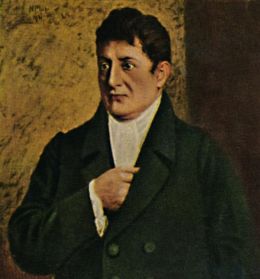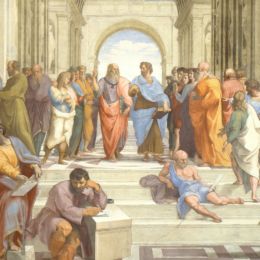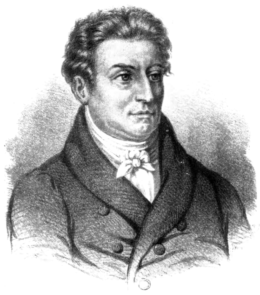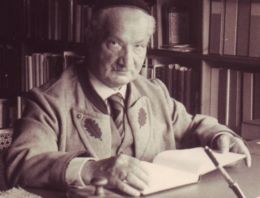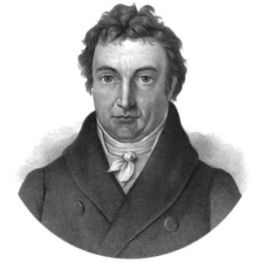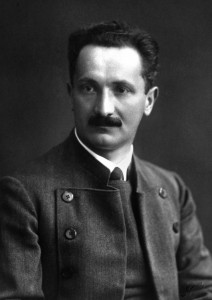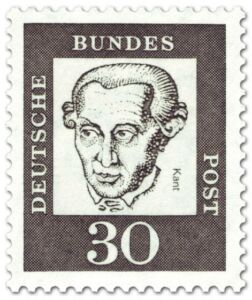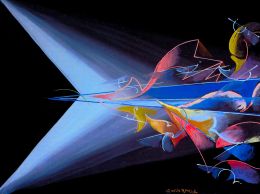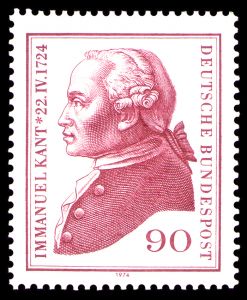Part 3 of 3 (Part 1 here, Part 2 here)
1. Fichte on the Nature of the State
We began to explore Fichte’s political philosophy in the last installment, as expounded primarily in his 1796 work Foundations of Natural Right. It is a basic principle of Fichte’s philosophy that subjectivity, what he calls the “I,” must bring nature under the control of reason. (more…)
